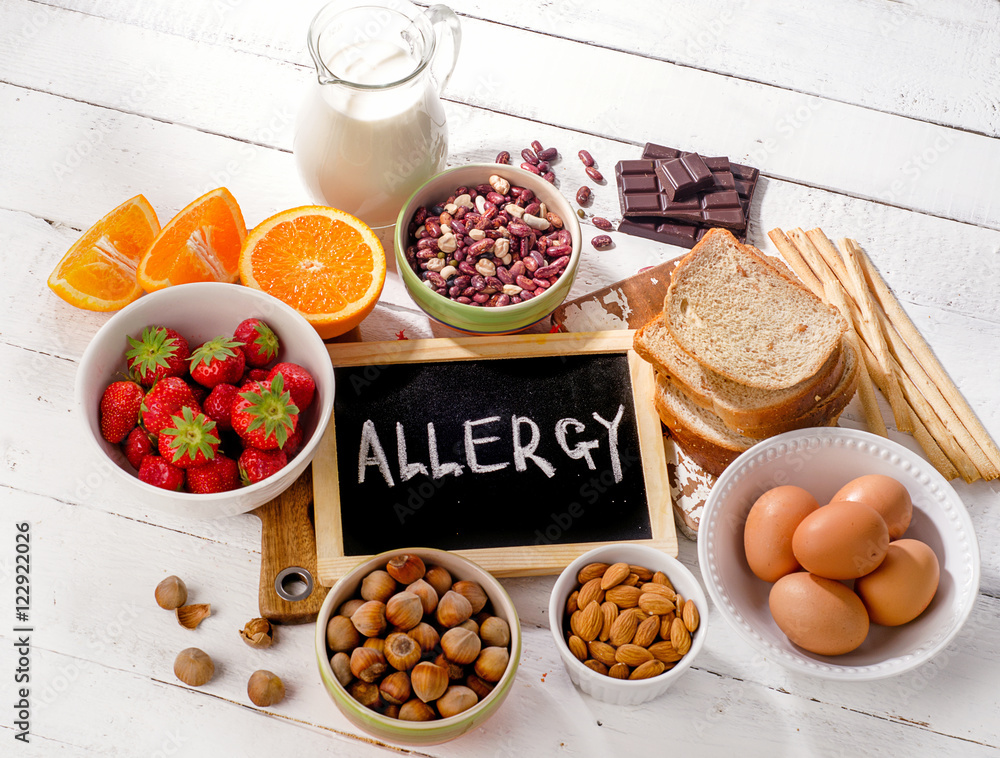By: Kaelyn Lacefield
Food allergies are quite prevalent among children, with various foods capable of triggering adverse reactions. Be vigilant and knowledgeable about potential allergens, as symptoms can manifest rapidly after exposure. Here’s a comprehensive guide to understanding and managing food allergies in children.

Common Food Allergens:
- Shellfish
- Fish
- Soy
- Egg
- Peanuts
- Cow’s Milk
- Wheat
- Tree Nuts
Recognizing Allergic Reactions:
It’s essential to recognize the signs of a food allergy, ranging from mild to severe. Symptoms may include:
- Eczema
- Stomach cramps or pain
- Itching or swelling of the mouth, tongue, and lips
- Throat tightness
- Hives
- Swelling of the face
- Diarrhea
- Dizziness with lowered blood pressure
- Coughing, runny, or stuffy nose
- Wheezing and breathing difficulties
- Vomiting
Understanding the Difference: Food Intolerance vs. Food Allergy
It’s important to differentiate between food intolerance and food allergy:
- Food Intolerance: Difficulty digesting certain foods, leading to mild symptoms like bloating, gas, or abdominal pain. Examples include gluten and lactose intolerance.
- Food Allergy: An immune system reaction to specific foods, causing symptoms ranging from mild to severe, such as hives, swelling, or anaphylaxis.
Responding to Suspected Allergic Reactions:
Take immediate action if you suspect your child is experiencing a food allergy reaction. Depending on the severity of the response, even trace amounts of the allergen can trigger symptoms. Look for signs such as:
- If their tongue feels hot or burning.
- If their mouth is itchy or tingly.
- If they’re having difficulty breathing.
Managing Children and Food Allergies:
If you suspect a food allergy, it’s crucial to eliminate the suspected food and related items from your child’s diet. For instance, if milk is a concern, be cautious with foods like yogurt and cheese. Additionally, always read food labels carefully and inform restaurants about your child’s allergies when dining out.
Being proactive and informed about food allergies is critical to safeguarding your child’s health. Understanding common allergens, recognizing symptoms, and taking appropriate precautions can help manage and minimize the risk of allergic reactions in your child. If you have any concerns or suspect a food allergy, consult a healthcare professional for proper diagnosis and management.